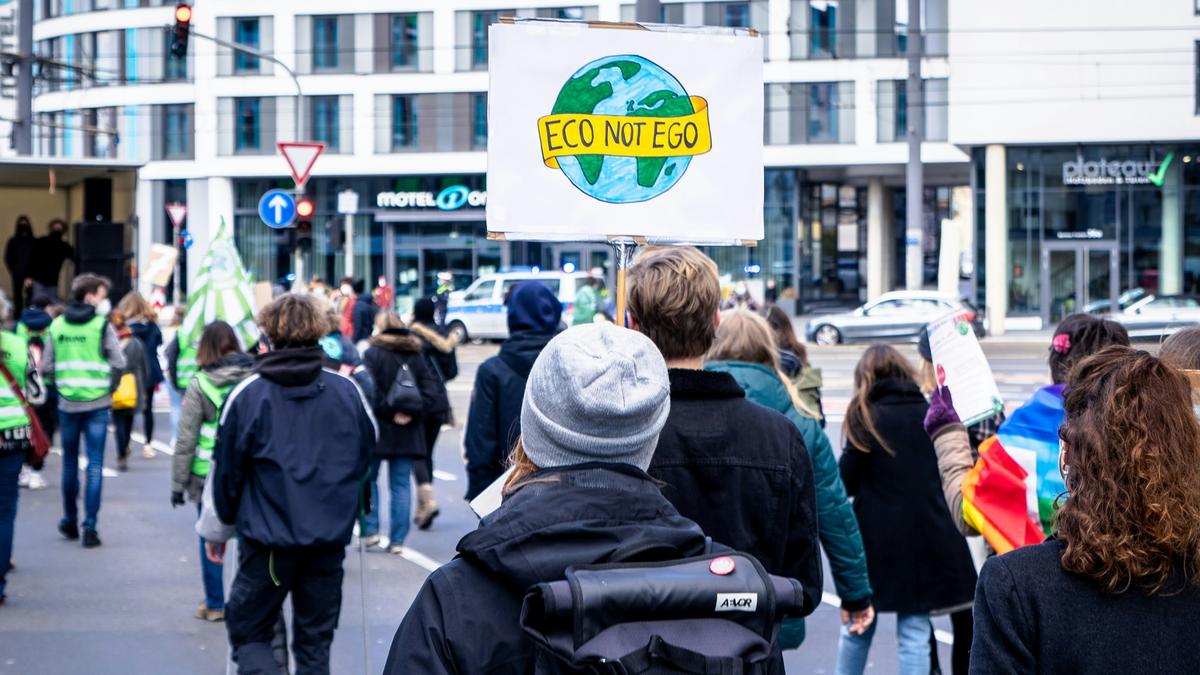
From analysis to action: should climate scientists engage in activism? Premium
The Hindu
Climate scientists debate whether to focus on research or engage in activism to address the urgent climate crisis.
Record-breaking heat waves scorching cities, landslides and floods sweeping away whole towns — the world is currently in the grip of a climate emergency. More than 2,300 local governments in more than 40 countries around the world have declared it.
At this time, when climate change is affecting the earth in unprecedented ways, climate scientists around the world are working hard to keep track of the damage. The question is: should they continue to make observations and analyse data impartially, as scientists usually do? Or should they raise their voices and engage in advocacy and activism to push for mitigation?
Raghu Murtugudde, a professor of climate studies at IIT Bombay, cautioned that excessive communication and activism around climate science can be a distraction to scientists, and they should still do what they are paid to do: the science. “My worry is that a little climate knowledge tends to lead to a massive saviour complex,” he said.
Karthik Ganesan, a researcher who works in policy research at the intersection of energy consumption and environmental impacts at the Council of Energy, Environment and Water (CEEW), has a different view. Doing science alone may not be enough for scientists, he believes, especially if they are going head-to-head against entrenched interests in any specific area.
“So a stakeholder with a commercial interest in technologies and processes that are currently in use has significant incentive to keep the status quo,” he said. “How can we be sure that they’re applying the same outreach methods as researchers are? If they’re not, then it’s an unequal battle — which means scientists necessarily have to engage in different ways with policymakers, right? This will be needed to nudge the average citizen, and shake them out of their state of disengagement, when faced with claims and counterclaims.”
“I think it depends on what we call ‘activism’,” Roxy Mathew Koll, a climate scientist at the Indian Institute of Tropical Meteorology, Pune, said. “As scientists, we see global warming going up at an accelerated rate, and particularly in tropical nations like India, the impacts are much more. India is a poster child for climate change because here the weather is tropical. It’s much more unpredictable and extreme.”
“Because we are the first people to look at the data and see how these extreme events are unfolding, I see a huge need for bringing out that climate change research and development out into the public so that they understand this,” he added.

The Leela Palace Chennai presents the seven edition of Shefs at The Leela in collaboration with ‘Dean With Us’ — the mother-daughter duo of Rupali and Akansha Dean. The event honours the transformative role of Indian women chefs who are shaping the future of gastronomy. After past editions hosted across Bengaluru, Gurugram, Chennai, and Jaipur, the seventh edition in Chennai will bring together four women chefs — Sambhavi Joshi, Taiyaba Ali, Sehaj Ghuman and Bunuma Patagiri, who will bring their years of expertise into curating a menu that speaks both of their work and India’s diverse culinary heritage.

 Run 3 Space | Play Space Running Game
Run 3 Space | Play Space Running Game Traffic Jam 3D | Online Racing Game
Traffic Jam 3D | Online Racing Game Duck Hunt | Play Old Classic Game
Duck Hunt | Play Old Classic Game










